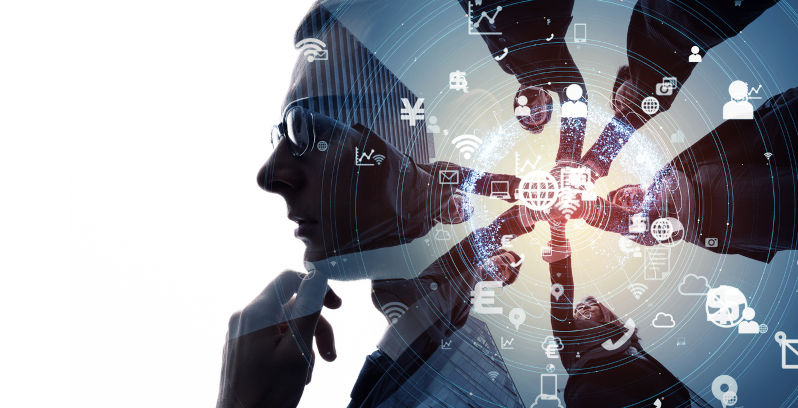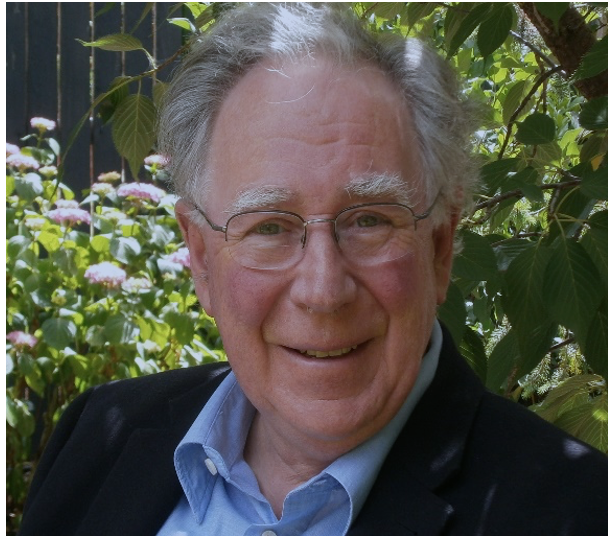Digital technology: blessing or curse?
August 23, 2024
The challenge we face with digital technology is not just managing it; it’s about what it’s doing to us.
As of 15 August 2024, mobile phones have been banned in public schools across Australia. Anecdotally, most think this is a good idea. Then, last Monday, the ABC’s Q&A had a sensible debate on controlling digital media. Clearly people are concerned.
But my interest is nether educational nor social. For me it’s a question of what digital technology is doing to our humanity and minds as we plunge deeper into this techno-miasma. It’s certainly produced new behaviour: public places are infested by “phone zombies” endlessly gazing into their devices.
Technology is not just a neutral process that makes life easier and facilitates communication. It can isolate and distract us, dividing us socially and politically and infest our children’s lives. But we’re reassured that these problems can be solved by regulation, as the Q&A programme claimed.
However, I believe we’re facing a deeper problem, with technology unconsciously modifying us so profoundly that we’ll only be able to free ourselves by radically changing our lives.
Technology has been with us since the end of hunter-gathering; it built the pyramids and Chartres cathedral. But digital technology has changed that. We now live in an all-encompassing techno-world that is changing us profoundly as it enmeshes itself in everything we do.
Someone who perceived this early on was theologian Romano Guardini (1885-1968). He argued that technology cuts us off from any sense of transcendence in nature, giving us tremendous power over the world, but our ethical development has not kept pace. Technology creates an artificial, abstract, one-dimensional world. Concurrent with this, Guardini argues, is a move toward mass conformity. Nowadays we see this in the tribal, enclosed, social media bubbles where groupthink dominates and all other views are excluded.
Guardini’s solution: we need moments of stillness and meditation, an ability to be present to the self. This will require an ascetical discipline that separates us from our devices, because they immerse us in a non-natural world.
Another early critic was Martin Heidegger whose essay The Question of Technik (1954) argued that technology so dominates the horizon of our being and so impregnates our humanity that we cannot avoid being unconsciously immersed in it and manipulated and controlled by it. It creates a cultural and intellectual Ge-stell (“en-framing”) of reality that determines the way we think. And, Heidegger argues, how we think is much more important than what we think.
He says that the technocratic mindset has so possessed our intellectual horizons that it dominates the way we perceive reality, leading us to live in a kind of technological trance. We apply a measuring, calculating, management-style logic to everything. If something can be done, it should be done, and it needs no further ethical justification which, Heidegger says, is a distortion of the original meaning of the ancient Greek word Τεχνη (“Tekhnê”) which meant art, or craft, or technical skill.
A new book by the US philosopher, Antón Barba-Kay (A Web of Our Own Making (Cambridge, 2023)), also sees digital technology as a profoundly human challenge for which there are no policy or regularity fixes. He argues, like Heidegger, that digital technology challenges the core of our humanity because it shifts our concept of reality from the natural world to the world within our heads, persuading us that it gives us total control over ourselves and the universe we inhabit. It promises that we can control the world by controlling our experience of it.
Barba-Kay says that digital technology will “occupy a role undeniably analogous to that of religion in other ages.” He says it immerses us in the present, without a past or future, encouraging us to imagine that we can be whatever we want to be.
It’s hard to comprehend how quickly things have changed from a culture dominated by print; just look at what’s happened to newspapers. Barba-Kay says they won’t survive digital culture. Neither, he says, will liberal democracy and religion. He paints a pessimistic picture which won’t be changed by regulation or dealing with the tech monoliths, or controlling the algorithms, important as that is. This is an issue that goes to the heart of what it means to be human.
To be human means to live in the natural world in physical contact with other people. Young people need to be immersed in nature in literal touch with materiality. That is why the environmental movement and the preservation of wilderness is so important. We all need to be convinced that we belong in history, that we have a past and that we can’t create our own world; we are not “gods”. This will be a monumental educational task.
Perhaps Heidegger was right when he said that “only a god can save us”, which can be achieved by “poetising” by which he means an ability to imagine a whole new, non-technological enframing of nature and the world. That’s quite a challenge!

